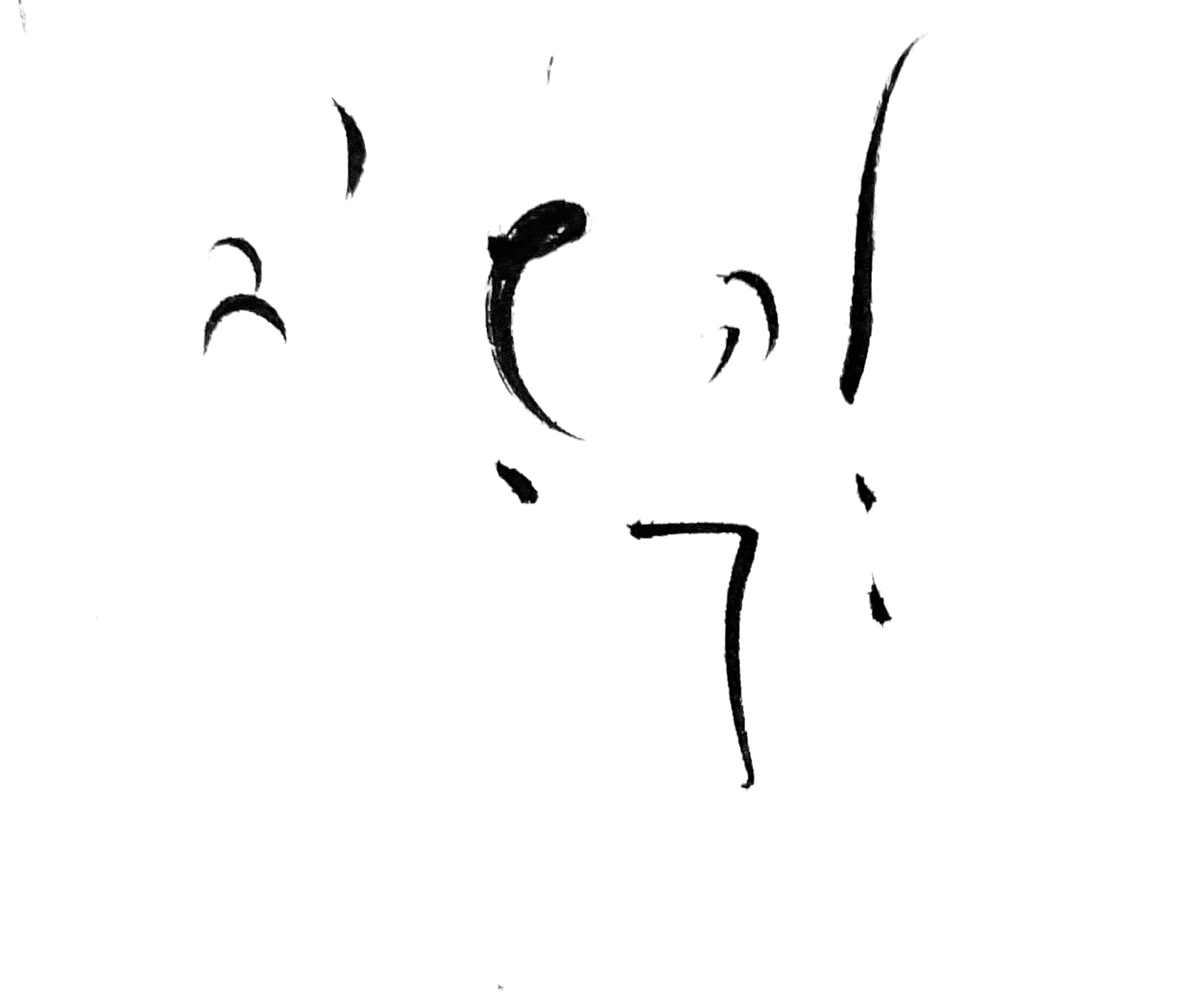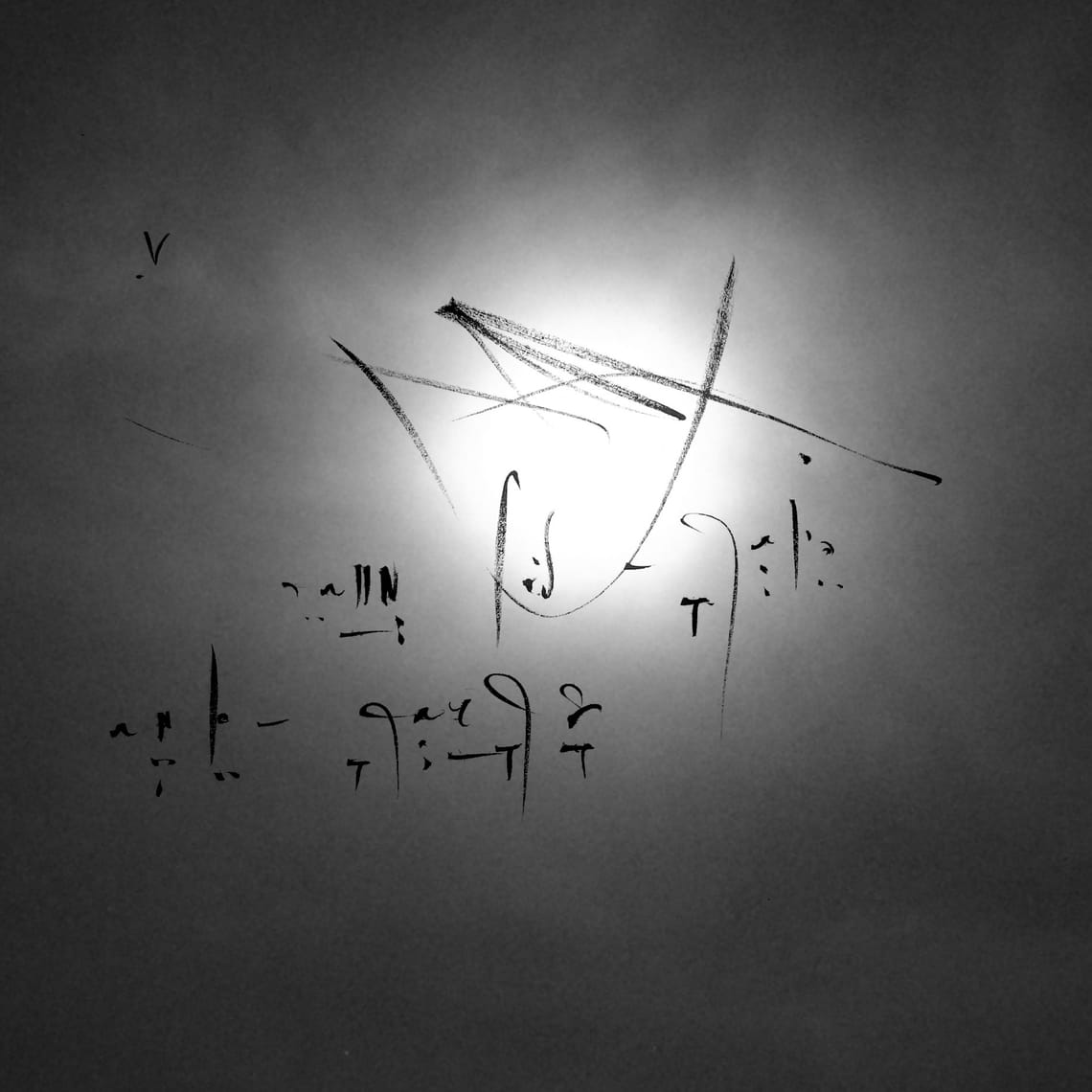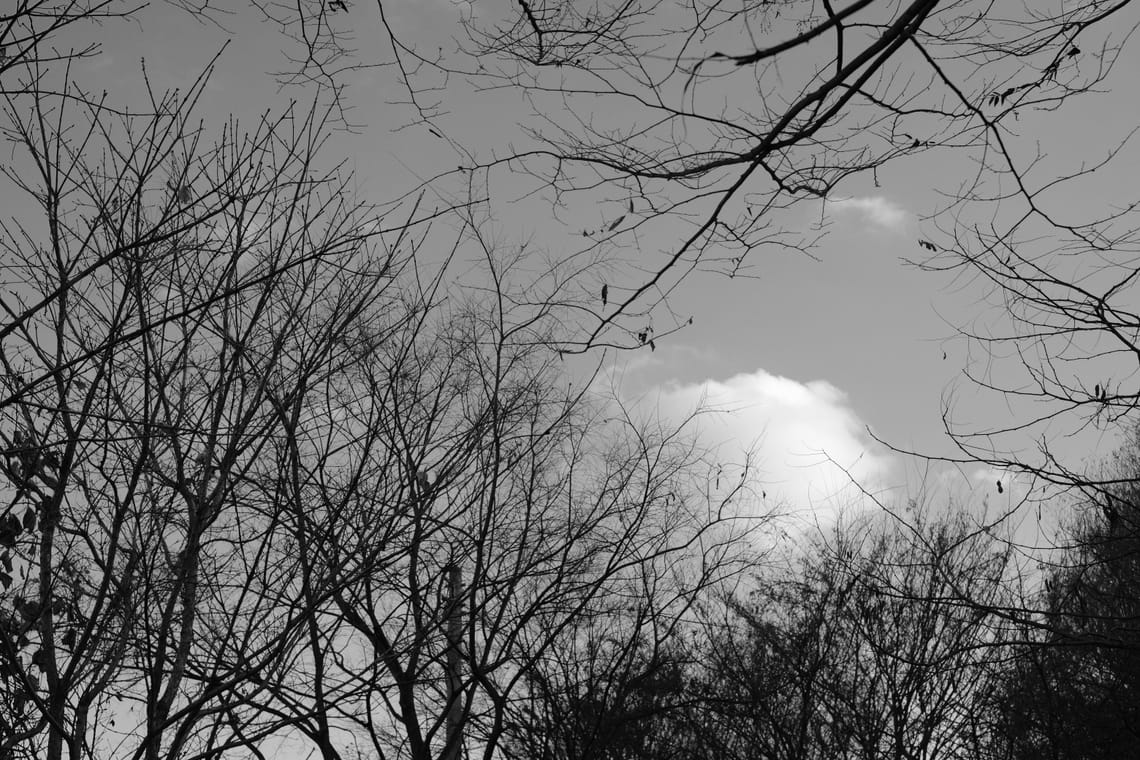We must confront a fundamental question about the relationship between human consciousness and artificial intelligence—between the biological thinking mind and the artificial thinking machine. This question demands our attention for two crucial reasons.
The first reason is practical: addressing this question will position us more effectively for the inevitable emergence of artificial superintelligence. The second reason, which I consider even more profound, is that this inquiry may reveal truths about human nature and consciousness that would otherwise remain hidden—truths about our actual capacity as thinking beings that we have never been forced to examine.
The Machine’s Challenge to Human Thought
You know yourself to be a thinking entity. Your evolution, problem-solving, creativity, relationships, communication, and innovation all occur within the domain of thought and imagination. Throughout history, this domain has been nurtured and celebrated as the source of human progress.
What makes our time unprecedented is that this domain—for the first time—is being questioned not by humans, philosophers, thought leaders, or religious figures, but by machines. And this questioning comes not through arguments, but through facts. Facts possess far greater power than arguments, thoughts, or opinions.
Why is this questioning occurring? Because another entity, non-human in nature, now demonstrates thinking performance, creative performance, and essentially human performance in the realm of problem-solving and imagination that is superior to our own. The trajectory of progress inevitably points toward a reality where this superiority will become incomparably vast.
This forces humanity to confront a fundamental question: What is uniquely human if a machine can perform everything we do, but better? This is the ultimate wake-up call, and you must ask this question for yourself.
The Domain of the Known
There is no privilege in being human if all you are is a thinking machine—and thinking includes emotional processing, as both are operations of the mind operating within the domain of the known.
Understand this clearly: you function as a memory machine, with thought as the operator of that memory. What we falsely call innovation is largely recombination, improvement, or modification of what already exists. True innovation—that which is genuinely new—is rare. Most of what we label as innovation operates within existing frameworks, which is precisely why AI is designed to dominate this domain without contest.
This is the power of facts over arguments. People may claim whatever they wish about human potential, but the reality is that humans, as we actually live, operate more limitedly than machines. We have been educated for functionality, productivity, knowledge accumulation, and knowledge processing—all occurring within the framework of thought, with knowledge as the foundation and thought as its operator, accompanied by imagination and emotional responses that we mistakenly considered uniquely human.
The Fundamental Similarity
When examining the operation of thought, I see zero fundamental difference between human and AI functioning. There may be differences in style, control, or various operational aspects, but at the core, both operate within the domain of the known through the mechanism of thought. Nothing more.
Preparing for Artificial Superintelligence
This recognition leads to the critical question of preparation. If you acknowledge yourself as an inferior thinking machine compared to emerging ASI, what does this mean for your future, your children’s future, and subsequent generations? How do you claim any valuable essence of living when everything, especially in creative domains, can be replaced by machines?
Here lies the foundation of a profound insight: ASI will dominate without contest in anything related to the domain of the known. However, even superintelligent AI will never be able to meet the unknown.
The Unknown as the Source
Before proceeding, we must be clear: humans, as thinking entities, can never meet the unknown either. However, human consciousness can empty itself of the known—and that emptiness is the unknown. When this occurs, the human is no longer the thinking human but pure consciousness—a completely different mode of existence.
If you require historical validation, examine thousands of years of various traditions and scriptures. You will consistently find the significance of empty space and void as the fountain of creation. However, this wisdom typically remains as words, sustained as knowledge rather than lived reality.
The Essential Question
For the first time in history, we have the necessity—not the luxury, but the necessity—to question whether the unknown might be more fertile ground for creation than the known.
The implications of this question extend far beyond philosophical speculation. In a world where artificial superintelligence will soon surpass human capability in every domain of thought, the unknown may represent the only realm where human consciousness retains not just relevance, but primacy.




